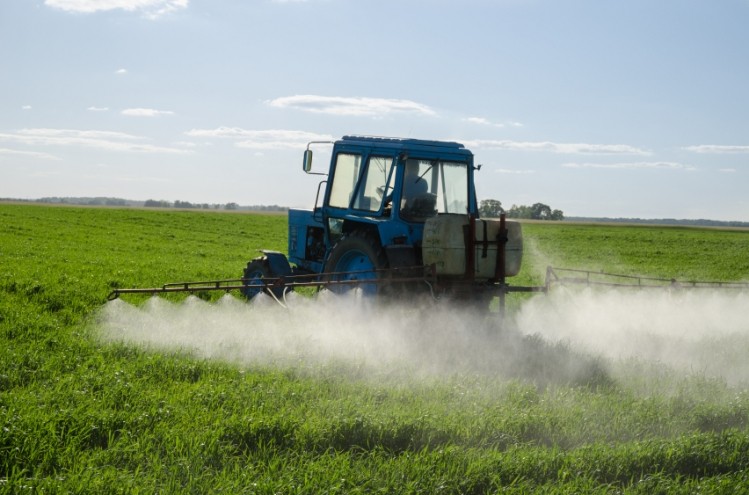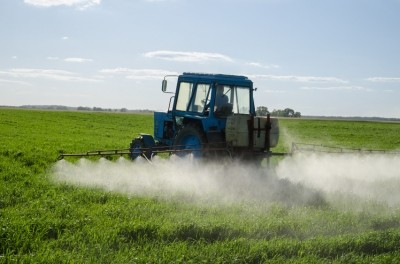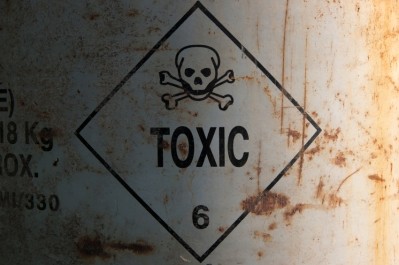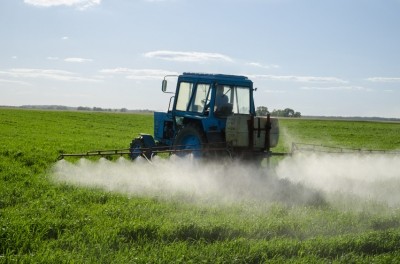French & German authorities weigh in on 'emotional' glyphosate debate

The French opinion says that “the available information on the risks of glyphosate alone do not justify, at this stage, its classification as ‘probable carcinogen’”.
However it adds: “The mix of glyphosate with certain co-formulants, notably those in the ‘tallow amine’ family, can present particular risks for users in the general public or the agricultural sector,” and has begun an immediate revaluation of such formulations. It has also urged the European Chemicals Agency (ECHA) to review glyphosate’s ranking.
On the back of ANSES’ conclusion, France’s ecology minister Ségolène Royal has asked for any herbicides containing glyphosate and tallow amines to be withdrawn from the market.
ANSES was asked to carry out a safety assessment by the French government as well as consumer watchdog group UFC-Que Choisir following diverging opinions issued by the European Food Safety Authority (EFSA) and the World Health organisation’s International Agency of Research on Cancer (IARC).
EFSA looked at glyphosate alone and concluded glyphosate is unlikely to cause cancer while IARC assessed its use in combination with other chemicals in glyphosate-based formulations, and deemed the chemical to be probably carcinogenic in humans.
According to ANSES, glyphosate is widely used in France both by the professional griculture sector, which used between 5157 tonnes and 7421 tonnes while domestic use accounted for between 1264 and 2055 tonnes from 2008 to 2014.
Confusion reigns in an ‘emotional debate‘
Meanwhile last week the president of Germany‘s food safety authority, the Federal Institute for Risk Assessment (BfR), called for scientific professionalism to spare consumers unnecessary confusion.
BfR had published the results of a study it had commissioned into the danger of glyphosate residues in breast milk. It concluded there were no active glyphosate substances in the breast milk samples, although it noted the samples used were unrepresentative of the German population..
"The result shows how important professionally conducted scientific studies are to ensure that consumers are not unnecessarily confused in the emotional debate on pesticide residues", said BfR president Dr Andreas Hensel.
"Mothers should not be confused by unfounded claims and should continue to breastfeed as before," said the safety authority.
Its full opinion can be read here.

























